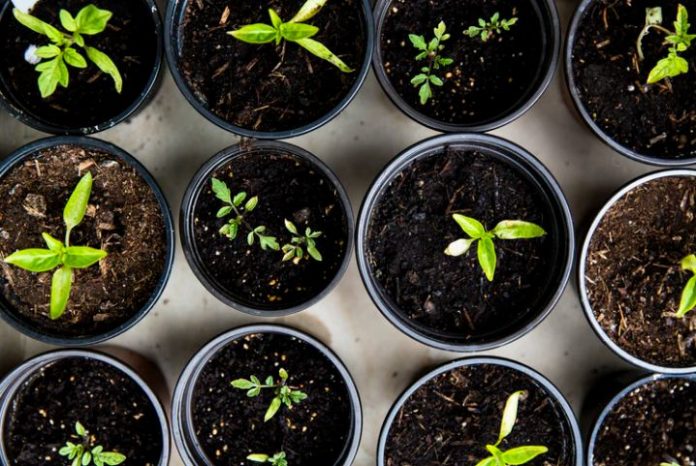Successful organic vegetable gardening can require a lot of work and careful planning. This includes the preparation of the soil by enriching it and protecting the soil from the infestation of harmful insects.
Organic vegetable gardening is different from conventional gardening in two major ways. They differ from the usage of fertilizers and pest control.
The fertility of the soil depends upon three components: nitrogen, phosphorus, and potassium.
Nitrogen increases the growth of lush foliage. Phosphorus helps with strong roots and sterns. Potassium protects the plants from disease and cold.
These nutrients are needed for every plant that stays alkaline for more than a year. In conventional methods, synthetic fertilizers are used to enrich the soil.
Commercial fertilizers are available as a mixture of the three main ingredients mentioned. However, in organic vegetable gardening, these nutrients are added in a different manner.
Composting is a very good organic way of enriching the soil. Compost can be made easily in pots from your backyard with garden and kitchen refuse.
Materials like leaves, lawn cutting, pine needles, weeds, carrot tops, spoiled fruit and vegetable, animal manure, and the like, can be used to make good compost.
The decomposition of the organic material forms bacteria and fungi in the soil. This helps in converting unavailable nutrients like nitrogen to ammonia and nitrates making it usable for the plants. This process is called nitrification.
Rock phosphates, naturally occurring deposits of phosphorus in combination with calcium, can be mixed with the compost.
Natural potassium occurs in substances like wood ashes, tobacco stems, seaweed, potash salts, and ground rock potash. They can be also mixed for organic vegetable gardening.
The organic material takes longer to decompose and affect the soil. Hence it should be added at least a fortnight before planting the vegetables.
The pH scale runs from 0 to 14. 0 indicates extreme acidic conditions. 14 is extremely alkaline and 7 indicates a neutral soil.
The most inexpensive and efficient material for raising the pH is ground limestone. Dolomite limestone has an additional ingredient, magnesium, which many soils lack. If the pH of the soil is alkaline, finely ground sulphur is used to lower it.
Pest control in organic gardens is also done in a different manner. Organic vegetable gardening relies on the theory of manageable pest levels.
This model theory, suggests that the pests are not to be completely eradicated, but kept at an easily manageable level maintaining the balance and harmony.
When pest-resistant varieties are planted, natural predators and parasites are used to eat up the harmful insects.
Mulching the soil helps to avoid direct contact with sunlight, as the harmful organisms require bright sunlight to grow. These methods using organic vegetable gardening techniques will help in raising a healthy and abundant crop.

